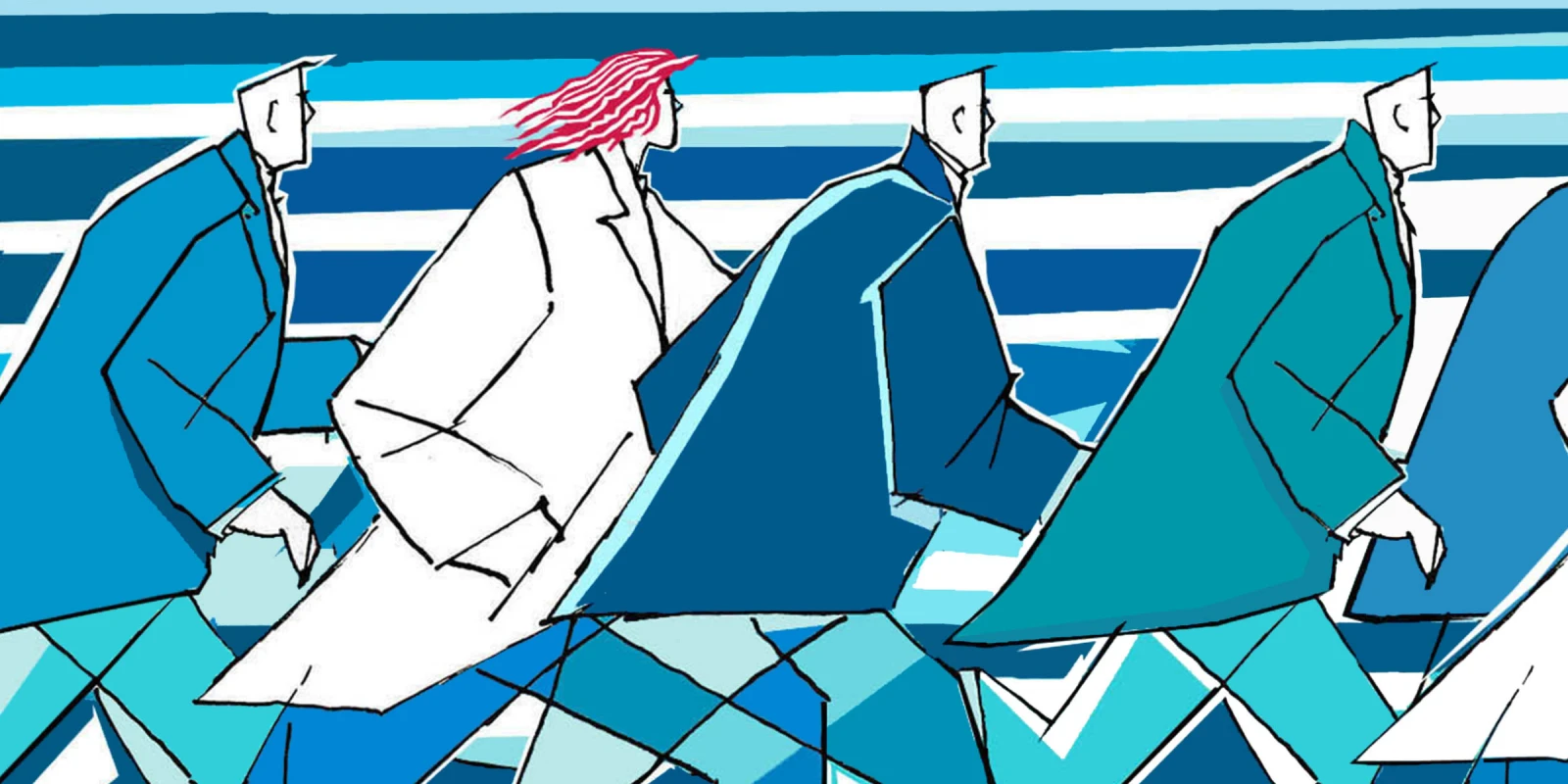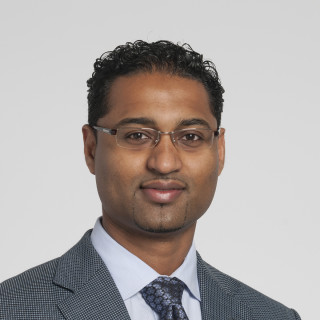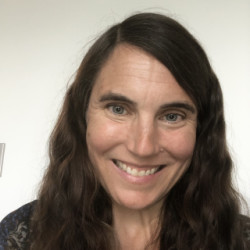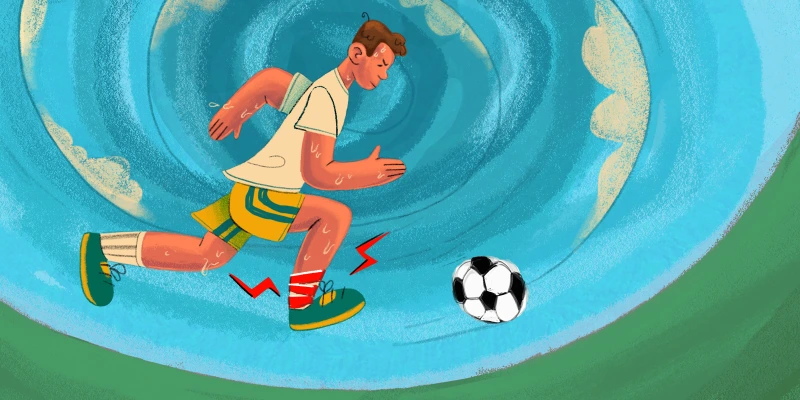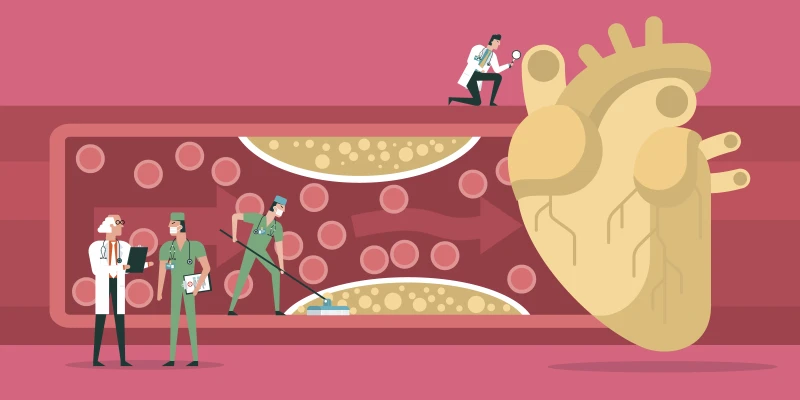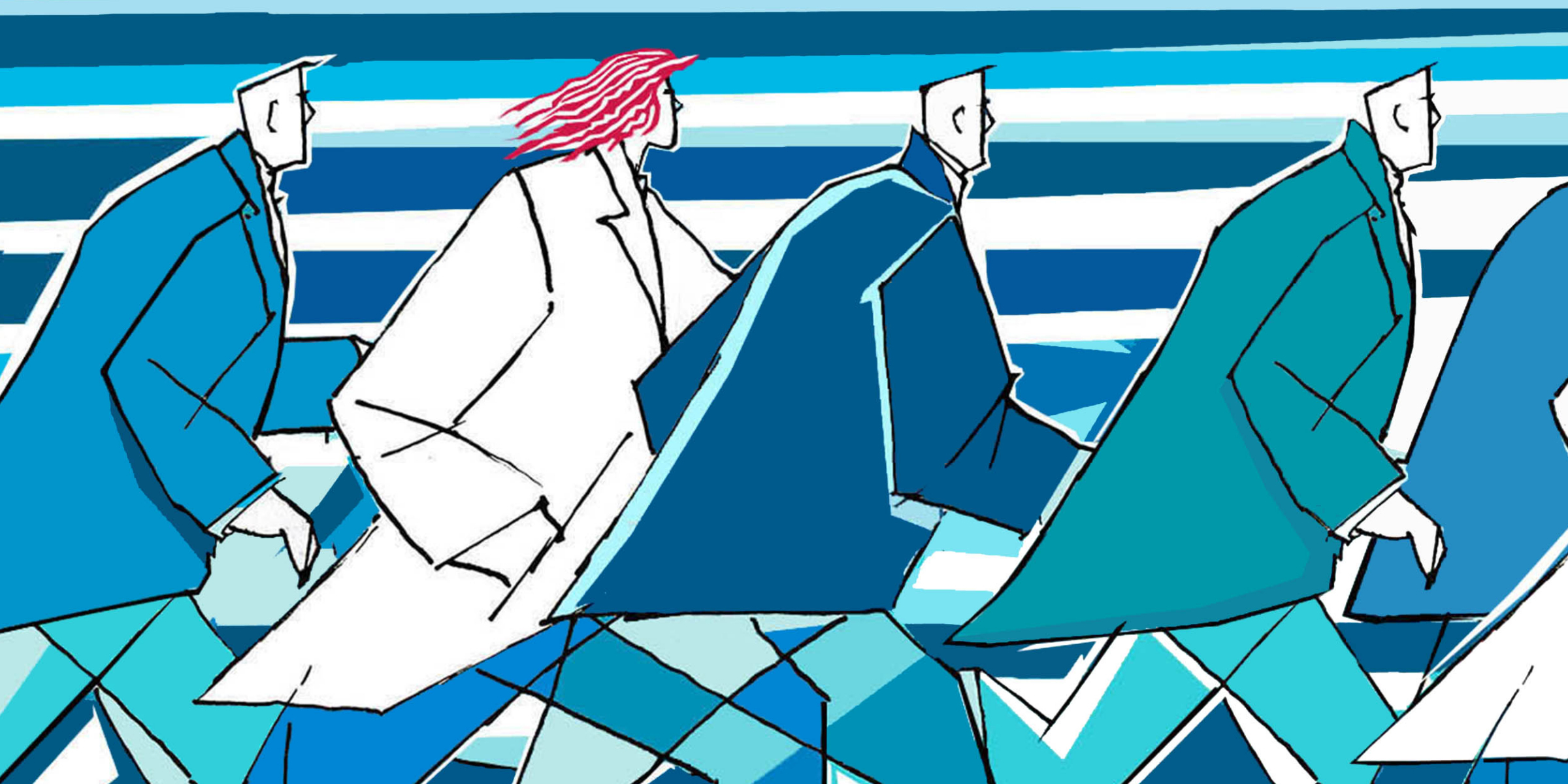
Witnessing this once-in-a-lifetime crisis unfold has been an eye-opening phenomenon. Almost never before were we forced to face such a profound global hardship in synchrony. The varied response to this pandemic across the world has characterized cultural and societal differences in its reaction to a crisis. In the early stages, the hospital suddenly became an almost unrecognizable work environment. The daily flow of patient and caregiver traffic had come to an abrupt halt, and common areas were now a desolate vestige of social interaction. With the announcement of mandatory social distancing, meeting places were cordoned off, and residual traffic within the hospital had further slowed. As surgeons, we stewarded our operating room personnel and PPE and postponed all nonessential surgeries.
This unique period has allowed me to reflect on my own career path. What is naturally a very unnerving situation was instead refocused into one where I could reset; for the first time since composing my medical school entrance essay, I reevaluated my role as a caregiver and predilection for medicine. In my personal statement, one of the strengths I discussed was that of malleability. Now, both as an individual and collectively as an organization, never before has this been more apparent than these past several weeks. Adaptability may very well be the litmus test for emerging successfully from this crisis, and uniting our drive for efficiency with innovation.
Indeed, malleability is not a novel concept in medicine. For example, as academic surgeons, we are continually evolving techniques to deliver the most effective and state-of-the art care. In many ways, we take this ability for granted, however, our response to this pandemic has become a proof of concept — that perhaps we have demonstrated what we once promised. The ease and rapidity with which we naturally redefined and embraced a new workflow helped us carry on our mission of patient care, and to me illustrated the value of this trait.
From an organizational level, health care policies that would routinely take months to implement seemed to literally manifest overnight. There was a rapid transition of patient encounters from face-to-face to virtual, ER patient visits were dispersed from the waiting rooms and redirected to specialists’ clinics to evaluate. Preoperative assessments or in-patient consultations were being achieved remotely.
The immediate transformation of our health education campus into a COVID-19-focused hospital in preparation for a potential surge crisis, appropriately named “Hope,” demonstrated our ability to handle a rapidly evolving situation. Similarly, several colleagues have stepped out of their respective niches into unfamiliar territory, both locally and to neighboring states, in order to work on the front-lines, often putting themselves at the greatest risk of exposure. Patients too must be commended as it has been moving to witness octogenarians navigate through the technical abilities needed for a video consultation. The emblematic theme of onboarding at the Cleveland Clinic is captured by the dictum “to act as a unit.” The actualization of this has been both gratifying and inspiring.
To this end, many sleepless weeks have been devoted by our innovations and supply chain teams to carve out a domestic solution to the lack of PPE being faced globally. Creative and innovative brainstorming directly led to novel partnerships, such as one with a local Amish group to produce masks, forging new relationships despite a milieu of social distancing.
The rapid proliferation of virtual educational sessions served to highlight the deeply ingrained commitment to the education of our medical students, residents, and fellows. The coordinated efforts between colleagues across the nation demonstrated this vigor, with prompt development of virtual lecture series and webinars.
We are in a unique and unprecedented era where forced physical distance has brought us together — and now, a new normal begins to emerge as we reintegrate into our present reality. It is incumbent on us to continue delivering the highest standard of patient care and academic contributions with optimism, while acknowledging that the likelihood of us returning to exactly what we left behind is elusive. The age-old adage “necessity breeds innovation” has never been truer. I am convinced that vision, creativity, and resilience has allowed us to thrive during this fragile time. It is humbling to experience the immense support, solidarity, and passion in our field, and never before have I felt more connected in my role as an academic physician.
Click here to see more perspectives on COVID-19 from the Doximity network.
Click here for up-to-date news about COVID-19 on Doximity.
